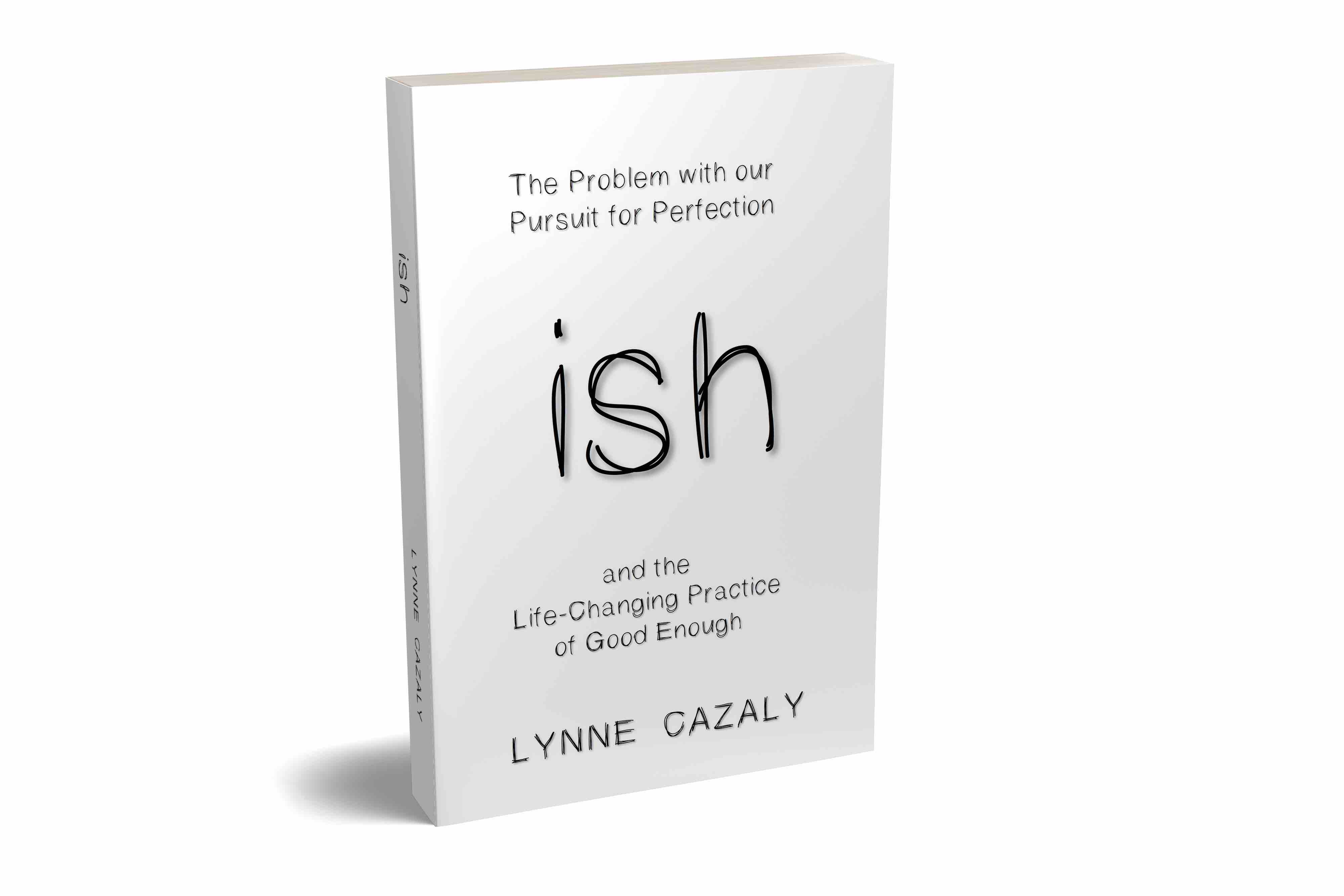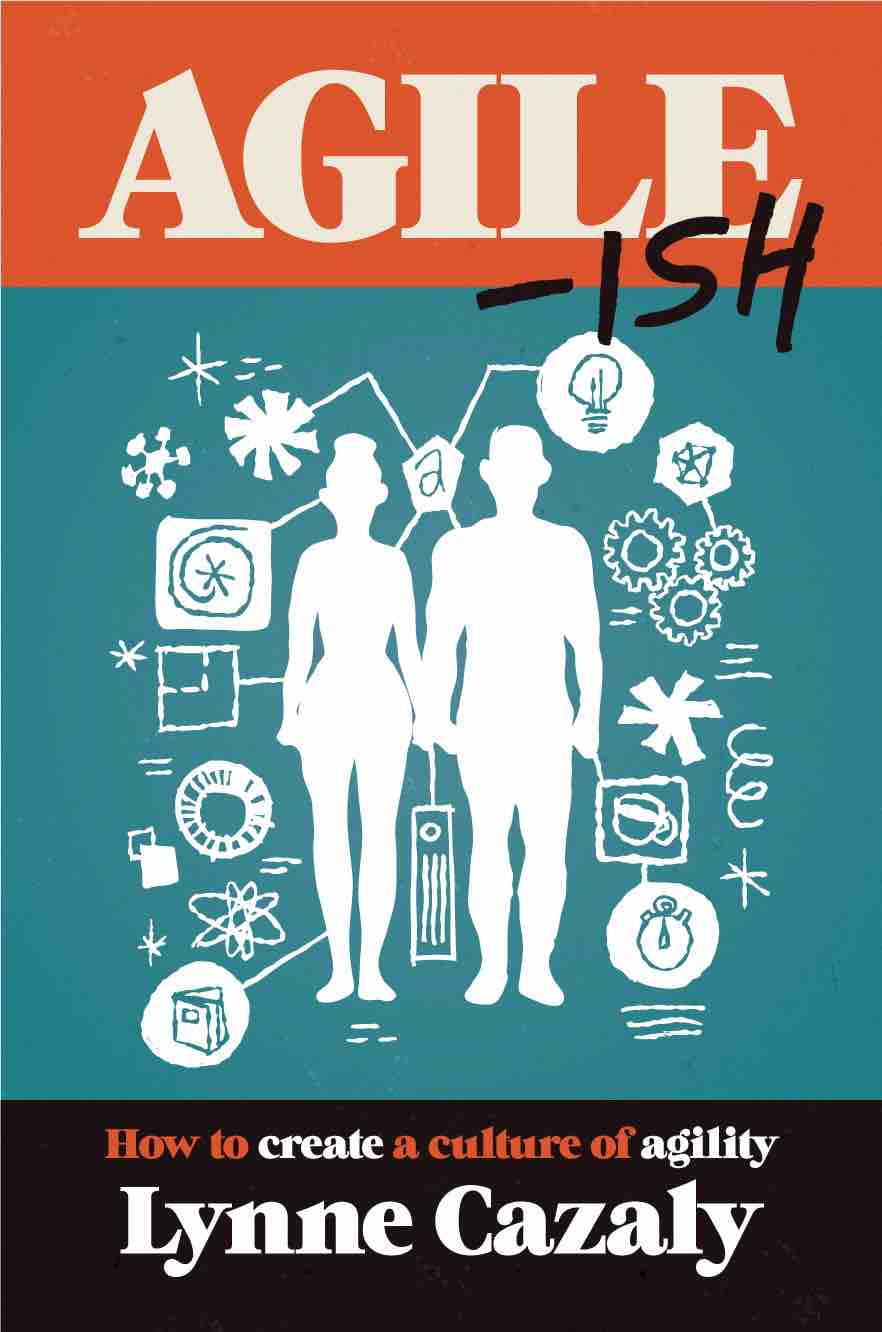The cost of leaving the room
 Wednesday, December 18, 2019 at 10:58AM
Wednesday, December 18, 2019 at 10:58AM  What’s the cost to your attention and cognitive load when you leave a meeting room, to step outside to take or make a call?
What’s the cost to your attention and cognitive load when you leave a meeting room, to step outside to take or make a call?
If we knew, we may think twice about even looking at our devices or having them near us.
Breaks are good, yes, and responding to an emergency, we have to.
But ‘just stepping out for a moment’ creates ‘Swiss cheese moments'. That yummy cheese has holes in it. So will your sense, the threads of understanding you’ve been holding together!
It’s not only that you miss content when you leave, it’s the switch of context and the impact on your attention, thinking and focus.
- A leader stepped out of a one-day workshop six times last week.
- Another leader thought they could be in 2 meetings at once: one via a webinar/online coming in through a single ear pod, but sitting at the table of the other meeting they’re trying to attend.
No wonder why:
😩we struggle to make sense and manage information overload
↩️ we need to go over information again and again, and
🐢why meetings take so long!





















